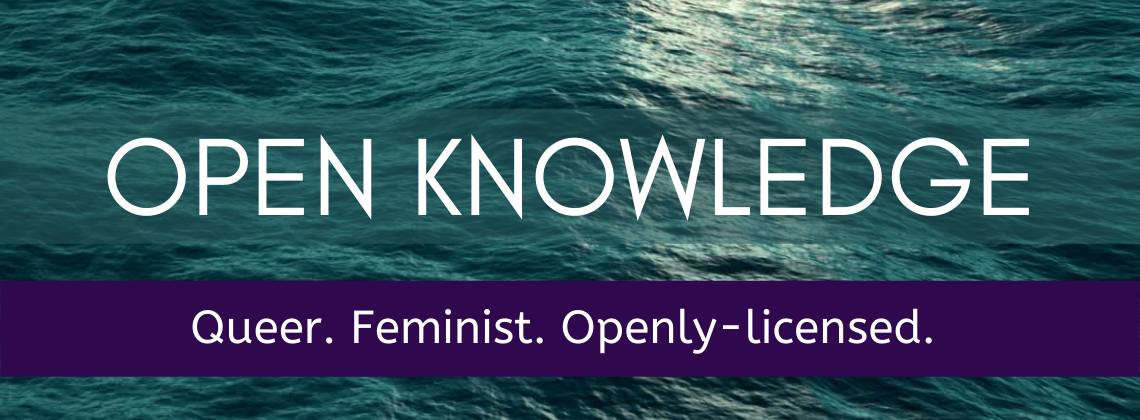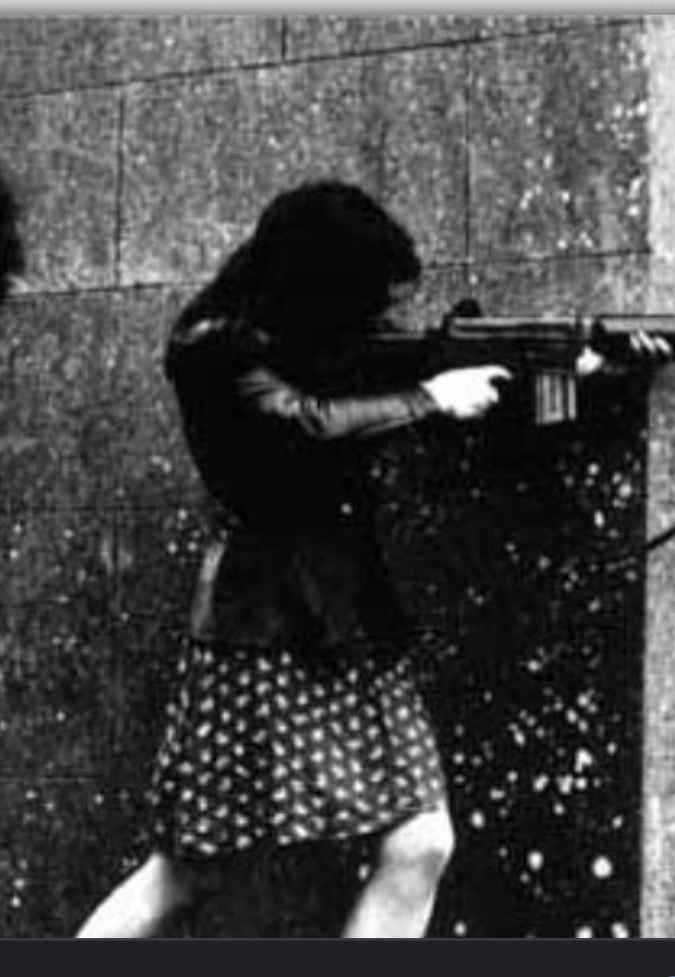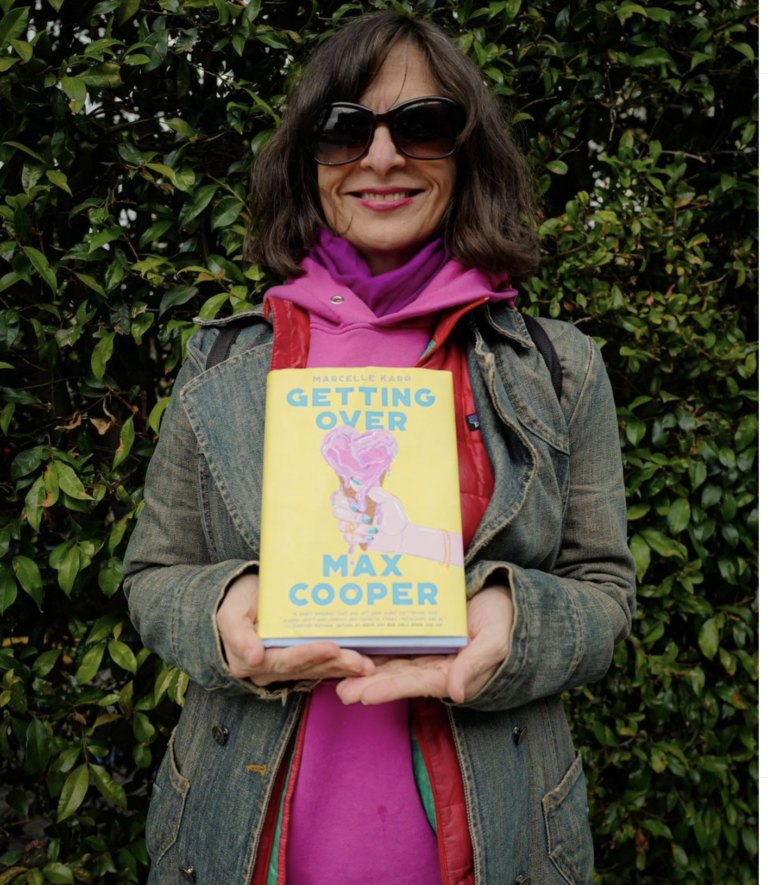My key texts and my theoretical framework(s): I initially grounded my work in Feminist scholarship, with a paticular focus in work concerning Bodies & Materiality, as well as perspectives which understand writing as praxis and an enactment of power. My study really began with a study of narratives, writing as an act of power, and how to write & read first-person writing when language itself is exclusionary by nature. As such, some of the key words I used to guide my research included embodiment, materiality, women’s writing and autobiography. Given the multifaceted nature of my research I’ve combined approaches from …
Month: April 2022
Natalie’s Final Project
Decolonial Feminisms & Cinema as Ritual: An Open Syllabus My long project is an open syllabus bringing together texts and films that theorize and/or demonstrate decolonial feminist praxis within a primarily Latin American focus. Hosted via the CUNY commons, the syllabus is meant to be experienced interactively online (and hopefully through facilitated in-person spaces down the line, as well). There is an emphasis on this syllabus being open-access and presented non-traditionally. It invites participants to engage with it at their own pace, and on a personal level, as if becoming a ritual itself for the participants themselves. 1. Key texts …
Sam’s Final Project Plans
Framework & Key Texts: For my framework, I will be writing an autoethnography of my own experiences with biphobia and the impact it has had on the journey of my queerness while also using two of my friends’ experiences as well. I then plan to weave them in with already existing queer theory regarding bisexuality and other published accounts of people’s experiences with bisexuality and biphobia to fully examine how much of a detrimental impact biphobia has on specifically bisexual women. One of the key texts I will be using is by Cipriano, Holland, and Nguyen, which conducted a …
Jeremy’s final project
METHOD a paper, incorporating autobiography and research MY RESEARCH QUESTION/S How do our expectations or needs of texts affect our perceptions of them? What can this tell us about our understandings of ourselves, and of self? THIS PROJECT MATTERS TO ME AND MAYBE OTHERS BECAUSE: I have had this Pollyanna notion that if only LGBTQ folks knew about all the interesting queer art with queer political ideas exists, and engaged with it, they’d embrace this work and receive the messages it contained; and they’d simultaneously let go of some of the more mainstream homonormative, class consciousness work that is widely …
Yelena’s project
1. My key texts and my theoretical framework(s) are: I take influence from Matt Brim’s Poor Queer Studies, in which the College of Staten Island is used as a case study for his analysis of the ways queer studies is both learned and taught in a school with far fewer resources than other schools. I also plan to leverage scholarly articles that talk about elitism in journalism and what that does to coverage and how it influences public perception. Specifically, I’ll examine articles like Philip Meyer’s project on elitism and newspaper believability, published in 1973. This article will be used …
Angela’s Project Plans
My project (work in progress) is three Equality Archive posts centered around Abolitionist Feminist. 1. My theoretical concerns rest within a few intersecting frameworks, including but not limited to: abolition feminism, transformative/restroative justice, disruption of systems/cycles of violence. I have leaned deeply into the words of Angela Davis, especially in her research of police and prison abolition. Her book Are Prisons Obsolete? (2003) has been a foundational resource in my own research. Additionally, texts such as Trying to Transform by Sara Ahmed (2017), We Do this ‘Til We Free Us: Abolitionist Organizing and Transforming Justice (2021) by Mariame Kaba. These …
Rocio’s Long Project
Hi! My long project will be a work-in-progress website, hosted at the gc commons. I want to use this an auto/duo/multi-ethnographic exercise for myself and others to tell and collect stories. This will be a living tool where I can work through thoughts and ideas of my academic work, but not divorced from the stories of and by people who I am connected with and studying – including myself. I don’t want to just collect information though. It is important for me to collect, document and present as a part of my method – so that stories – people – …
Marcelle’s Project Description
I’m prefacing this with my flexibility as I want to know what you think. For my final project, I’m going to be working on a book proposal, that will be the format of this paper, about Queering Stand-Up Comedy: The Revolution Is Taking Place On-Stage (title working). My key texts and my theoretical framework are: The theoretical framework is still a work in progress. Is the central claim of this: queering stand-up is a counterhegemonic force, intentionally diverging from heteronormativity and then to go into case studies? Is it the Stand-Up through a queer lens, what does this look like? …
My book drops today. Dropped. It dropped.
It’s almost a mirage, that it’s happening. Happened. Today. And as I write this post, the paper looming over my head, a writing I will be doing that will be so different to the writing I have done for this book, this book where the ethics of care looms large, the ties that bind, the ties of friendship, deep and historical friendship, of laughter and of tears, and it occurs to me that I am so grateful to flex muscles I did not know I had. Oh, to think of the obliviousness with which I walked into Grad School, and …
Karen’s Project Description
My key texts and my theoretical framework(s): Broadly, my theoretical commitments are situated in cultural studies, with specific investments in Black and women of color feminisms and queer of color critique. In these traditions, felt experience is honored for its political implications. Feelings are “loaded with information and energy” (Lorde, 1981, p. 280): they facilitate the reproduction of oppression, and they animate and sustain transformative political action. In designing my specific conceptual framework, I draw heavily on Feeling Power: Emotions and Education by Megan Boler (1999); The Cultural Politics of Emotion by Sara Ahmed (2004); Cruel Optimism by Lauren Berlant (2011); …




